Williams-Hutchins Health Equity Award
2022 Williams-Hutchins Health Equity Award Recipients
The Williams-Hutchins Health Equity Award recognizes exceptional CDC John R. Lewis Undergraduate Public Health Scholars [formerly CDC Undergraduate Public Health Scholars (CUPS)] Program student projects that advance health disparity science and minority health. The projects feature the best work from students’ summer experiences working in public health. The award honors the outstanding public health careers of Walter W. Williams, MD, MPH, FACPM (CAPT, USPHS, Ret.) and Sonja S. Hutchins, MD, MPH, DrPH, FACPM (CAPT, USPHS, Ret.).
Columbia University, Summer Public Health Scholars Program (SPHSP)
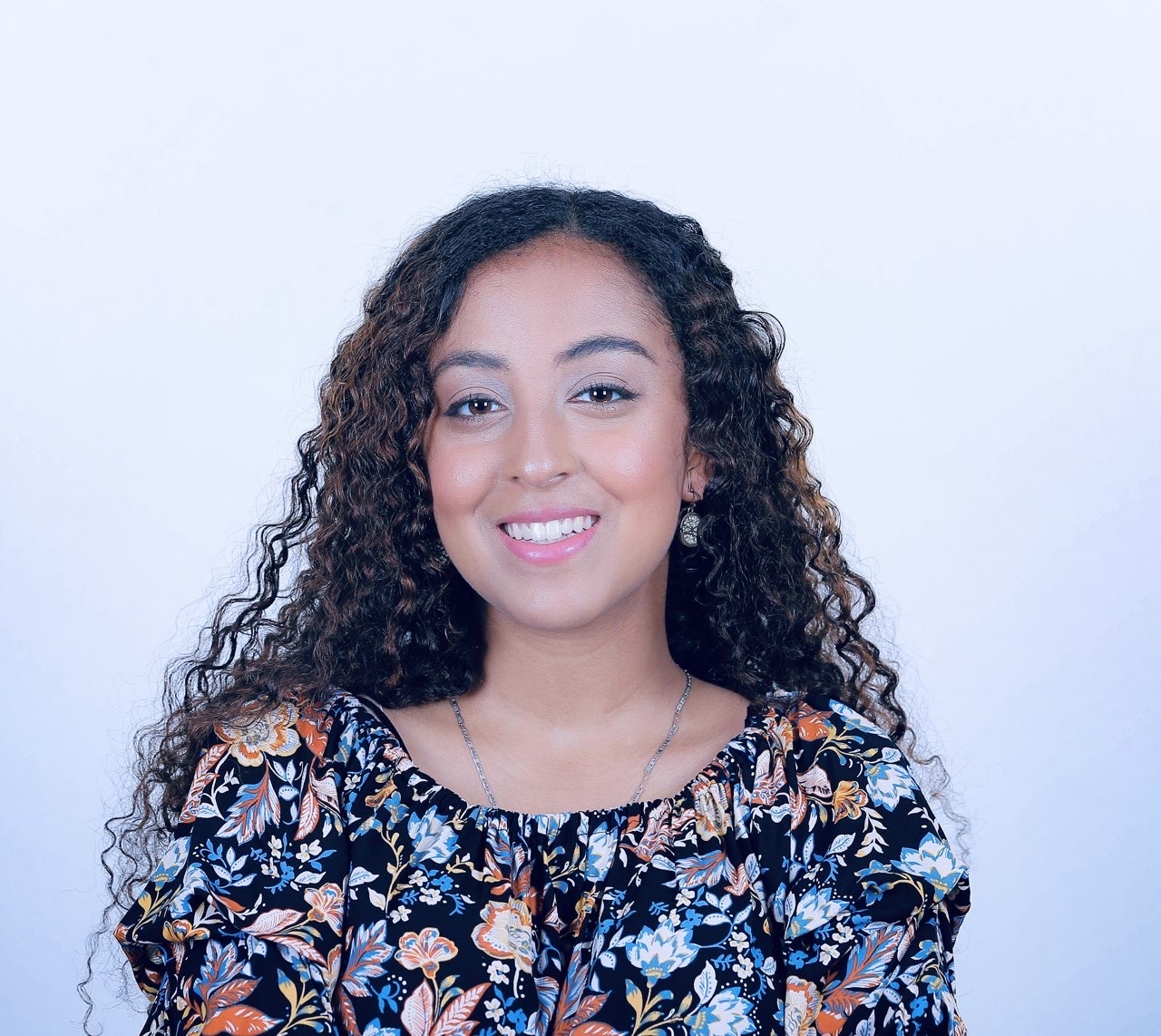
1st Place: Abigail Admase
Project Title: Exploring the Effects of Immigration Policies on the Mental Health of Adolescents Living in Undocumented or Mixed-Status Households in the United States: A Systematic Review
Mentor: Darian Thompson
Project Placement: University of Iowa Mobile Clinic
Project Details: Abigail Admase was an intern at the University of Iowa’s Mobile Clinic system. The Mobile Clinic consists of multiple student-run medical sites that offer preventive care for Iowa City residents who face barriers in accessing medical services. The Mobile Clinic aims to foster health equity by offering free care and is a vital health care option for community members that are uninsured and/or undocumented. As part of her internship project, Abigail created an immigrant health care guide to inform clinical volunteers about the social determinants of health that pertain to immigrant communities. She also compiled a list of community resources that volunteers can refer their patients to, including food and legal resources. In addition, Abigail collaborated with the Mobile Clinic’s executive team to implement a patient advocate program that further supports patients in accessing social and comprehensive health services in Eastern Iowa. To inform her immigrant health care guide, Abigail compiled a systematic literature review that assessed how recent U.S. immigration policies, including immigration enforcement policies, family separation policies, and the Deferred Action for Childhood Arrivals (DACA) policy, impacted the mental well-being of adolescents living in immigrant households.
Kennedy Krieger Institute (KKI), Maternal Child Health Careers/Research Initiatives for Student Enhancement - Undergraduate Program (MCHC/RISE-UP)
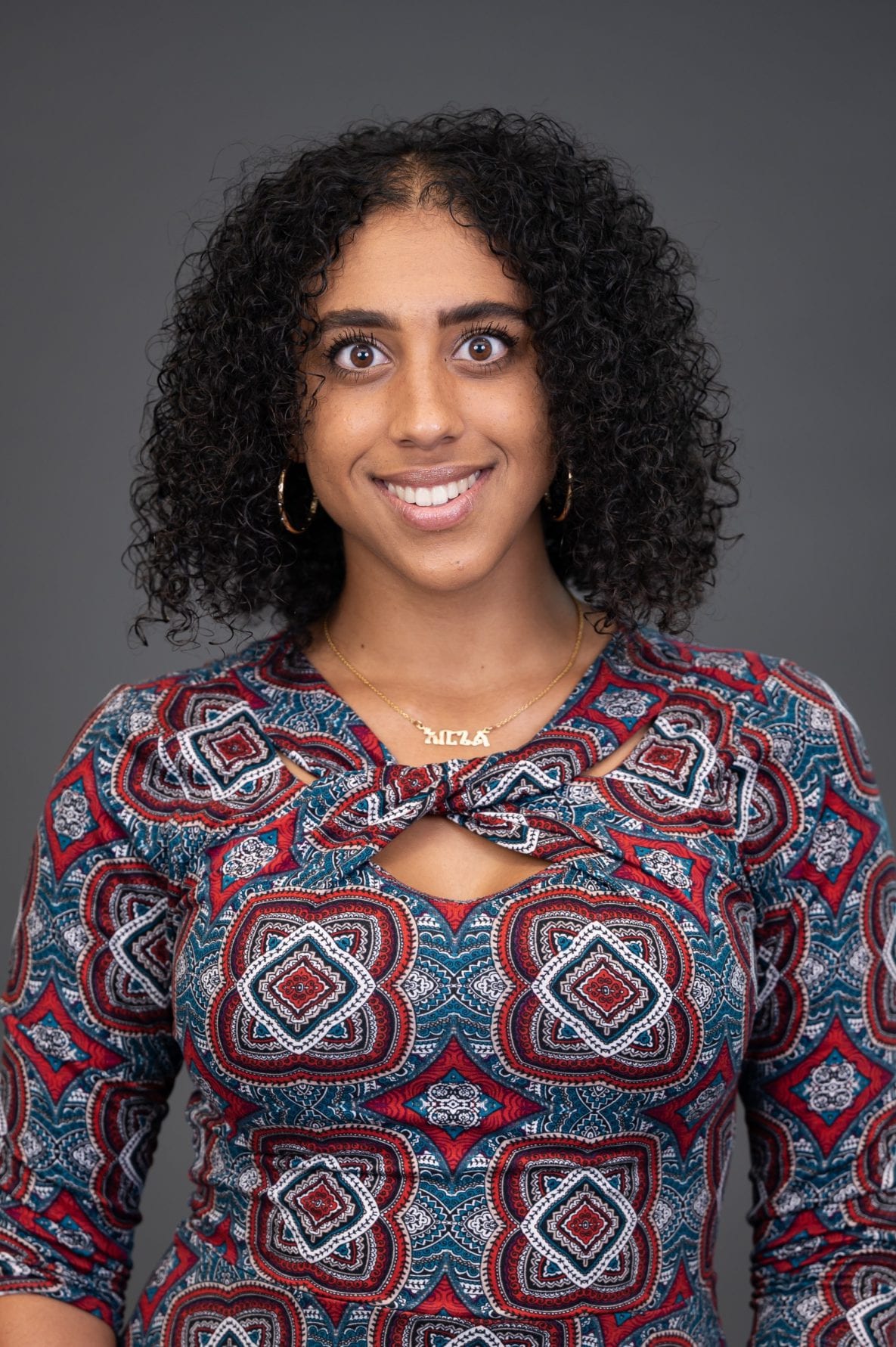
1st Place: Abigail Lin Adera
Project Title: The General Practitioner’s Guide to Managing Secondary Complications of Spinal Cord Injury
Mentor: Philippines Cabahug
Project Placement: The International Center for Spinal Cord Injury, KKI
Project Details: A spinal cord injury (SCI) is damage to the spinal cord that can result in a reduction or total loss of movement and sensation. People with an SCI are at increased risk for health, economic, and social consequences. Patients with an SCI may have secondary complications that can complicate their care, and primary care providers play an essential role in the evaluation and ongoing management of complications associated with SCI. Abigail’s primary project objective was to create a guide for primary care practitioners to use in the evaluation and management of patients with spinal cord injuries. The guide includes a helpful pneumonic, visual guide, and healthcare steps for primary care providers. Equipping primary care providers to care for their patients with SCIs is a key strategy in reducing the barriers that people with an SCI face in maintaining good health.
Honorable Mentions: Emma Maria Fernandez, Anjana Biswa
Morehouse College, Project Imhotep
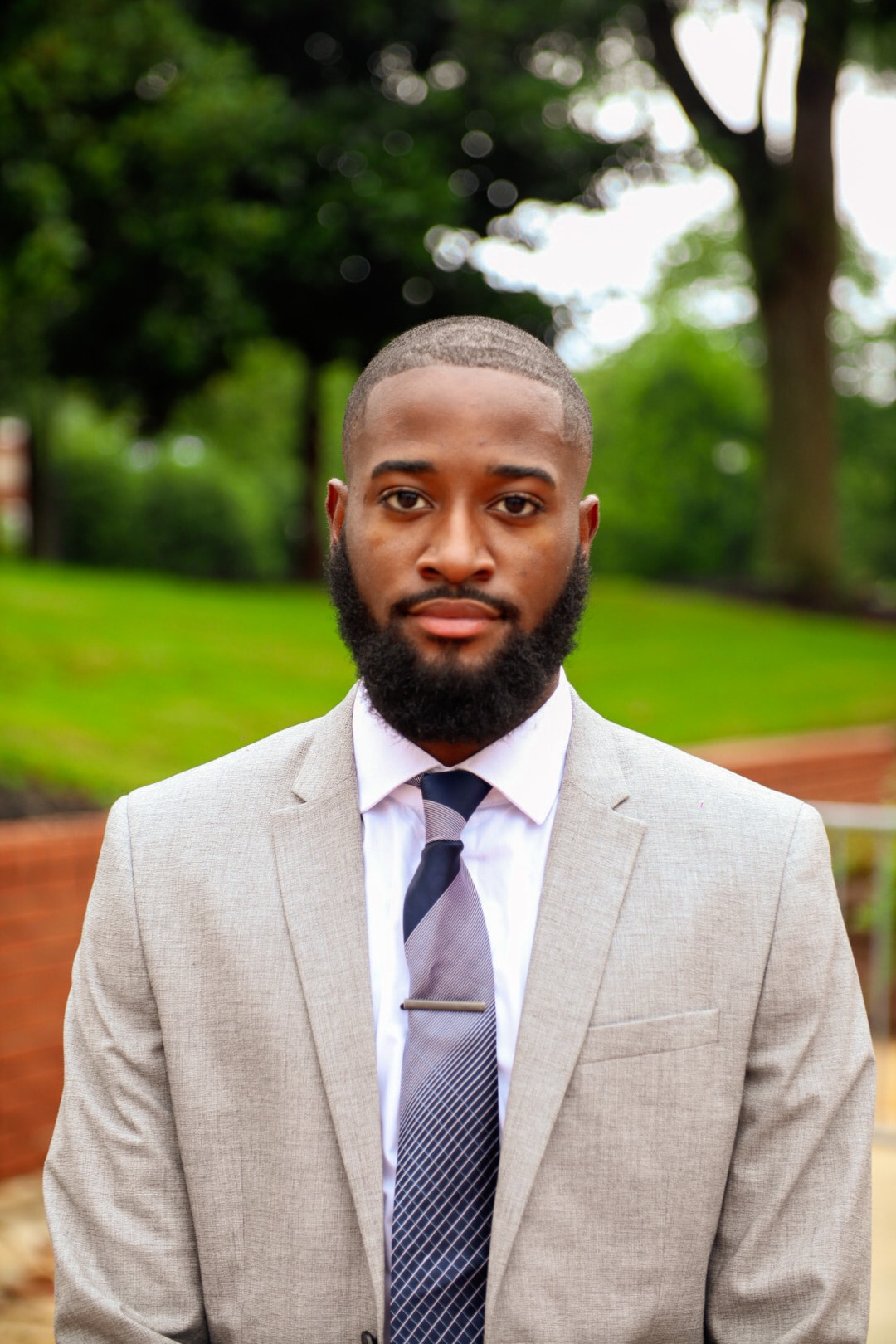
1st Place: Tyrin Gamble
Project Title: Developing a Systematic Process for Identifying New Trends in Health Care Policy
Mentors: Kristin Brusuelas and Eileen Chappelle
Project Placement: CDC’s Office of the Associate Director for Policy and Strategy
Project Details: The Office of the Associate Director for Policy and Strategy (OADPS) aims to support CDC in its efforts to “protect America from health, safety and security threats, both foreign and in the U.S.” Within OADPS, the Health care System Partnership (HSP) Team’s goal is to build CDC staff capacity in health policy and collaboration. Currently, members of the HSP Team are conducting literature scans to identify ongoing healthcare policy topics and trends as well as forecasting what is to come. Although efforts have been made to forecast trends in health care policy, an evaluation process for health care policy trends have not been identified, which showcases the need for further development. The purpose of Tyrin’s project was to develop a systematic process for identifying immersive topics or issues in health care policy. Creating a process for health care policy evaluation will help review health policy documents for important topics and key terms topics that can play a vital role in the next steps for CDC. To conduct this study, the methodology consists of four steps: literature review, national partner website review, interviews with CDC subject matter experts and OADPS staff, and compiling of the information gained from the study to develop a sustainable process for monitoring health policy topics. The results of this effort are the following: a systematic process for identifying key health care policy topics, improved capacity building in health care policy forecasting, and better support for collaborations related to health policy across CDC.
Honorable Mention: Tatiana Aguilar
University of Michigan School of Public Health, Future Public Health Leaders Program (FPHLP)
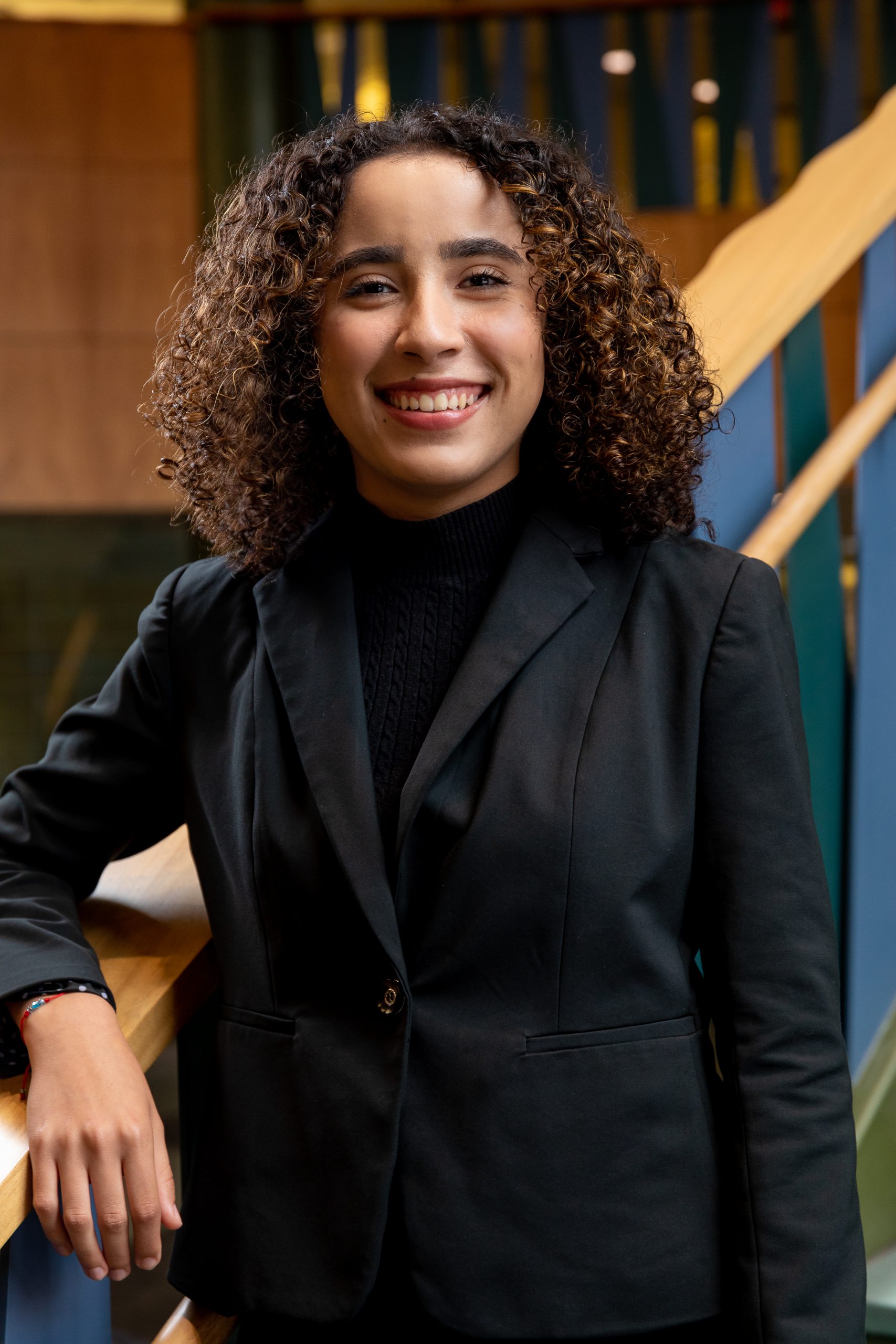
1st Place: Paulina Pimentel-Mora
Project Title: Maintaining a Low COVID-19 Community Level
Mentors: Douglas Durley, Jr and Michrisha Eddins
Project Placement: Wayne County Health Department
Project Details: As a communicable disease (COVID-19) case investigator for the Wayne County Health Department, Paulina used the Michigan Disease Surveillance System (MDSS) and Patient Education Genius (PEG) – systems that allow case investigators to upload COVID-19 case data to the county database to aid other investigators in their tracking efforts and support CDC in obtaining general epidemiologic data. The two systems allowed Paulina as a case investigator, to upload COVID-19 case data to the county database to assist other investigators in their tracking efforts and support CDC in obtaining general epidemiologic data. Paulina interviewed individuals who had tested positive for COVID-19 and shared information and resources as needed. Paulina also created an employee case-investigating calendar for use by all case investigators.
University of California, Los Angeles (UCLA), UCLA Public Health Scholars Training Program
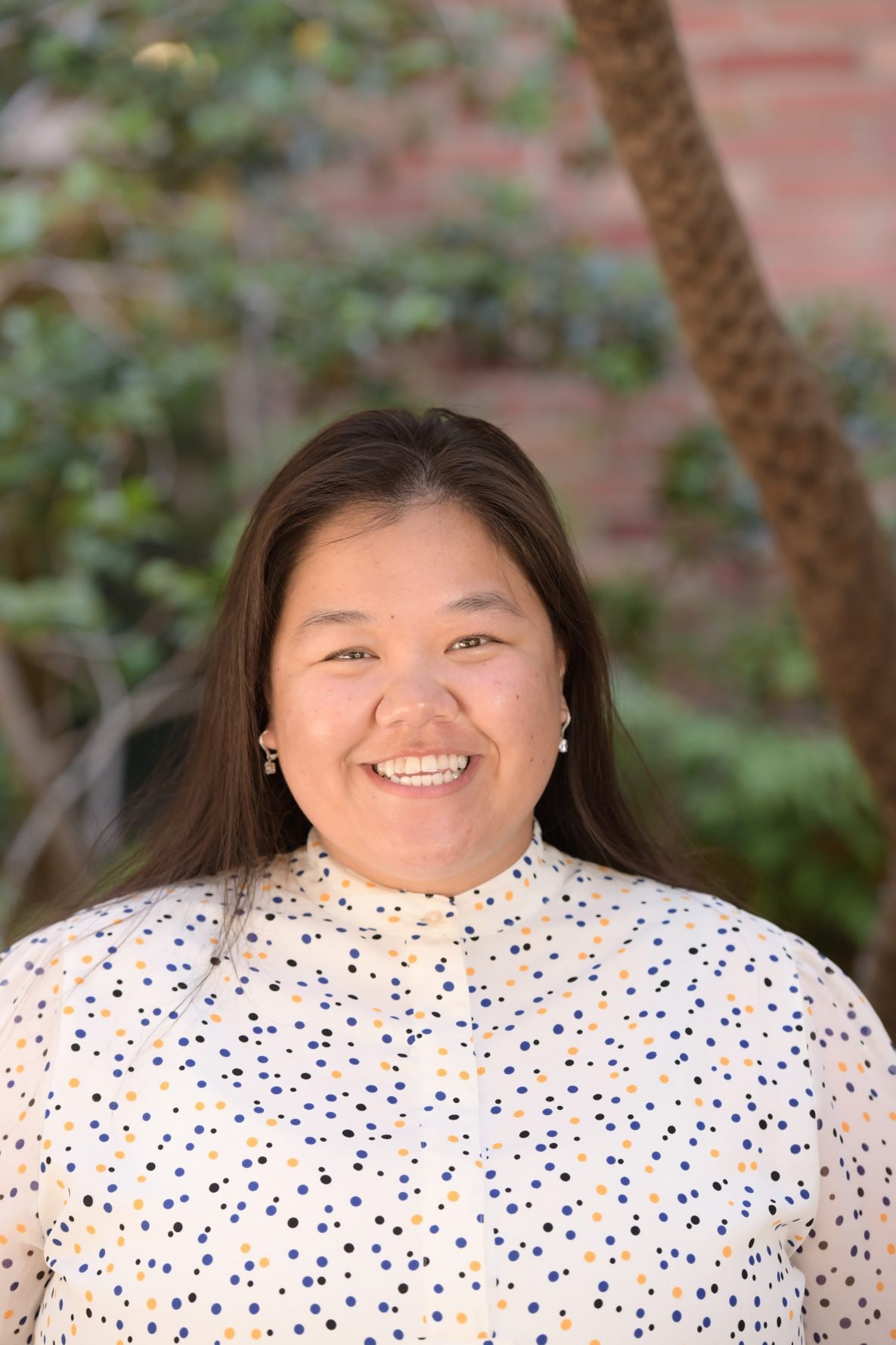
1st Place: Anou Vang
Project Title: Addressing Mental Health Within Black, Indigenous, and People of Color (BIPOC) in Higher Education
Mentor: Anthony Reyes
Project Placement: Community Health Councils
Project Details: Anou interned with Community Health Councils (CHC), a non-profit that has been at the forefront of systems change work to eliminate disparities in health and well-being. Today, CHC’s work falls under healthcare systems, economic resiliency, and community resiliency. They also run the Social Change Institute in partnership with community leaders representing non-profits, youth advocacy groups, community residents, and grassroots organizations to collectively build equitable systems and sustainable movements. Anou was instrumental in community engagement efforts and in the planning of an in-person summit. She was on the front line with residents, took the lead on several efforts, and always contributed valuable feedback. Anou’s health equity group was responsible for facilitating a group discussion on the topic of Mental Health and Substance Use as it relates to public health. Alongside her peers, she presented on the topic as well as co-hosted a panel of professionals working in the field of mental health and harm reduction. Her group health equity project, presented at the CDC Showcase, explored solutions to improve the mental health within Black, Indigenous, and People of Color (BIPOC) in higher education settings.
Honorable Mentions: Monia Zein and Adeline Rosales
Criteria
Williams-Hutchins Health Equity Award candidates will be evaluated and selected by their program based on one of the following criteria:
- Exceptional performance, including work factors such as quality, productivity, timeliness, cost reduction, or improved service to the public
- Exemplary actions, including special projects, overcoming unusual or difficult circumstances, or problem-solving using extraordinary methods or insight
- Efficient and courteous service, unusual initiative in developing new approaches or procedures, innovations that improve effectiveness, creative work on a specific project, efforts beyond the call of duty and beyond the scope of the position.
Notification
The announcement of Williams-Hutchins award recipient(s) occurs at the end of the summer experience.
Recognition
Each award recipient receives a certificate. Their project is highlighted on the Office of Health Equity webpage and in the Health Equity Matters Newsletter the following fall, prior to the announcement of the CUPS summer application deadline.
Information
For questions about the Williams-Hutchins Health Equity Award and criteria, please contact omhhe@cdc.gov.
About Walter Williams

Walter Williams, MD, MPH, FACPM (CAPT, USPHS, Ret.) began his career at CDC in 1981 as an Epidemic Intelligence Service (EIS) officer with the Hospital Infections Program in the National Center for Infectious Diseases. Williams held a number of leadership positions during his career at CDC, including serving as director of Office of Minority Health/Office of Minority Health and Health Disparities (1998-2010). He holds the distinction of being the first African American to complete a 30-year career as a US Public Health Service Officer at CDC.
About Sonja S. Hutchins
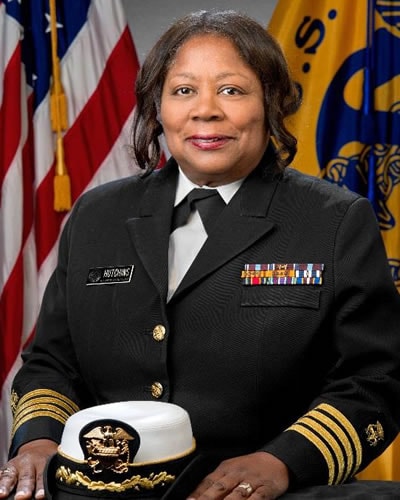
Sonja S. Hutchins, MD, MPH, DrPH, FACPM joined CDC as an EIS officer in 1986 with the Division of Immunization. While with OHE, Hutchins served as acting associate director for science; associate director for medical science; and senior medical advisor and lead for OHE’s public health preparedness and response activities. She was the first African American female to enter the EIS program and complete a 30-year career as a Commissioned Corps Officer in the US Public Health Service at CDC. Hutchins retired on June 1, 2017.